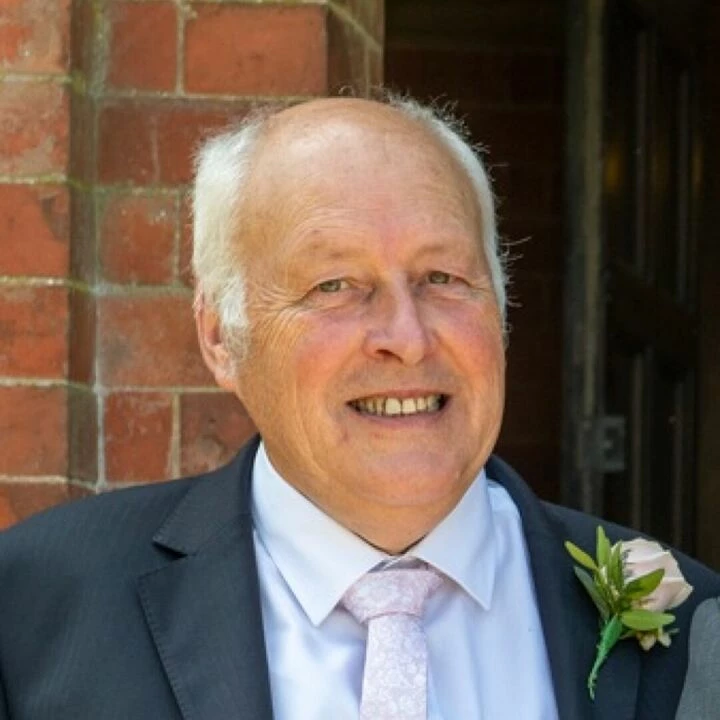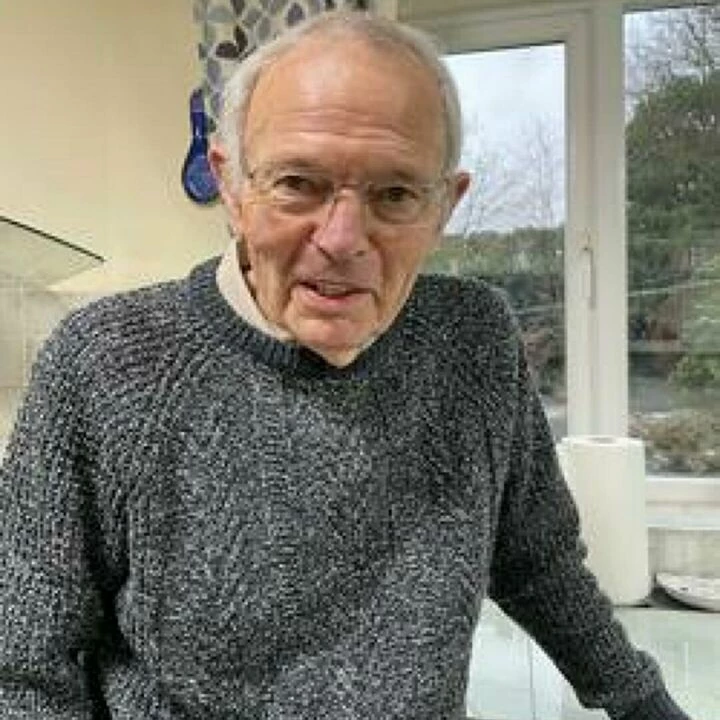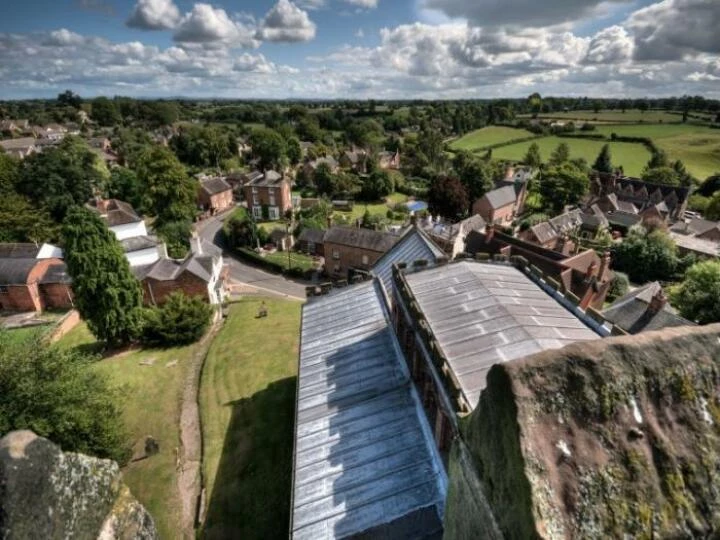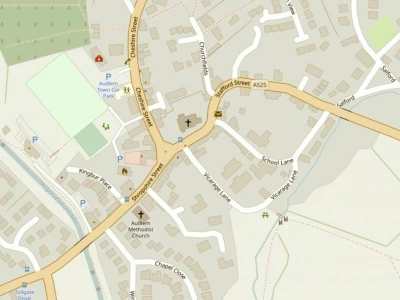







Edward Heath
Sir Edward Richard George Heath, KG, MBE, PC, often known as Ted Heath, was a British politician who served as Prime Minister of the United Kingdom from 1970 to 1974 and Leader of the Conservative Party from 1965 to 1975. He was a strong supporter of the European Communities, and he led the negotiations that culminated in Britain's entry into the European Communities on 1 January 1973. Although he planned to be an innovator as Prime Minister, his government foundered on economic difficulties. He led his party to defeat by the Labour Party twice in 1974.
Heath's lower middle-class origins were quite unusual for a Conservative Party leader. However, he was a leader in student politics at Oxford University, and rose to the rank of Lieutenant-Colonel in the Second World War. He worked briefly in the Civil Service, but resigned in order to stand for Parliament, and was elected for Bexley in the 1950 general election. He was the Chief Whip from 1955 to 1959. Heath was elected leader of the Conservative Party in 1965; he retained that position despite losing the 1966 general election.
Heath became Prime Minister after winning the 1970 election. In 1971 he oversaw the decimalisation of British coinage, and in 1972 he reformed Britain's system of local government, reducing the number of local authorities and creating a number of new metropolitan counties. Possibly most significantly, he took Britain into the European Economic Community in 1973 . Heath's premiership also oversaw the height of the Troubles in Northern Ireland.
Heath also tried to curb the trade unions with the Industrial Relations Act 1971, and hoped to deregulate the economy. However, rising unemployment led him to reflate the economy and he could not control the resulting high inflation. Two miners' strikes damaged the government. Heath eventually called an election for February 1974 to obtain a mandate to face down the miners' wage demands, but this resulted in a hung parliament. Heath resigned as Prime Minister after trying in vain to form a coalition with the Liberal Party. In February 1975, Margaret Thatcher challenged and defeated him to win the leadership.
Returning to the backbenches, Heath became an active critic of Thatcher's policies. He remained a backbench MP until retiring at the 2001 election, serving as the Father of the House for his last nine years in Parliament.
In August 2015, the Wiltshire Police announced the beginning of "Operation Conifer," a posthumous investigation of Heath for historical incidences of sex abuse.
Born on 9th July 1916 in Broadstairs, Kent, England
Died on 17th July 2005 in Salisbury, Wiltshire, England
A diplomat is a man who thinks twice before he says nothing.
This article is from our news archive. As a result pictures or videos originally associated with it may have been removed and some of the content may no longer be accurate or relevant.
Get In Touch
AudlemOnline is powered by our active community.
Please send us your news and views using the button below:
Email: editor@audlem.org


